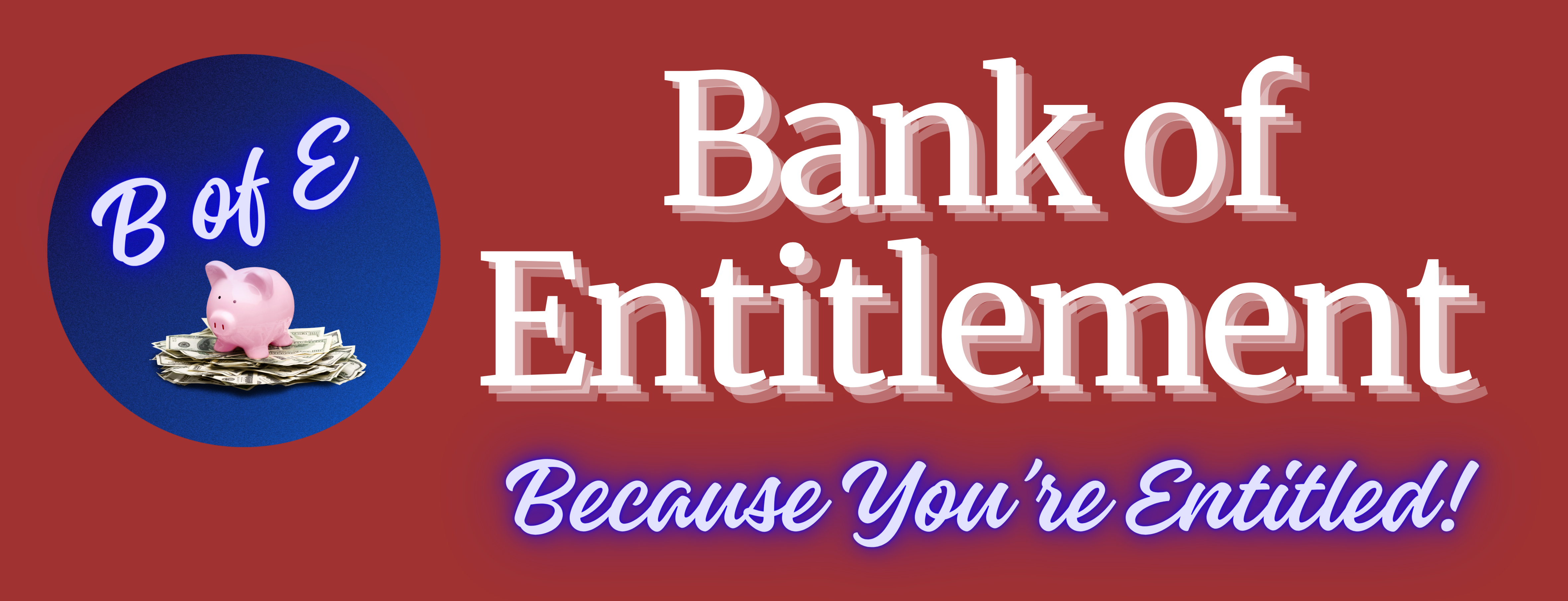The Great Entitlement Birthday Cake Caper
So, there I was, turning 23, brimming with the self-assured swagger of someone who believed the universe had reserved the VIP section just for me. I mean, who wouldn’t honor the momentous occasion of my birth with a festival of adoration and cake, right? The stage was set for a celebration that would put all past birthdays to shame. My friends, however, didn’t get the memo.
Instead of a surprise party featuring an avalanche of gifts and an opera singer belting out “Happy Birthday,” I got a quiet evening with a few pals at a local diner. No fanfare, just fries. As the night wore on without a single sparkler or confetti cannon in sight, my entitled self decided to take matters into my own hands.
The diner had a cake display, a majestic carousel of sugary temptation. There, atop its frosted throne, sat the pièce de résistance—a chocolate cake that surely awaited its destiny at my birthday bash. Why wait for someone else to provide the party when I could simply claim what was clearly meant for me?
With a mix of entitlement and stealth that would make a cat burglar proud, I sidled up to the counter, grinned at the waiter, and declared, “We’ll take that chocolate cake for my birthday, thanks!” The problem? I had neither asked the price nor had the intention to pay. In my universe, birthday cakes were complimentary to the birthday king or queen.
The waiter, unamused by my regal decree, responded with a deadpan, “Sure, that’ll be $40.”
My friends stared. My wallet whimpered. My face, a canvas of embarrassment. But, oh, the entitlement was strong with this one! I doubled down, “But it’s my birthday!”
To which the waiter, clearly not a subscriber to the Doctrine of Birthday Entitlement, quipped, “Congratulations! You can pay with cash or card.”
Realizing that my birthday crown was slipping, I conceded defeat. I paid for the cake, which tasted like humble pie with every bite. My friends chuckled at my audacity, and the birthday that wasn’t left me with a lighter wallet and a valuable lesson: the world doesn’t owe you a celebration—or a cake, for that matter.
The consequences of my self-centered caper? Besides the financial dent, there was the inevitable ribbing from my friends for months afterwards. They’d offer to celebrate mundane events, like “Happy Tuesday,” but always reminded me that I was expected to buy my own cake.
From that day on, I learned to temper my expectations with a dose of reality. Birthdays are for celebrating, sure, but not on the presumption that the world revolves around me—even if, for one day, I’d like to think it does.
